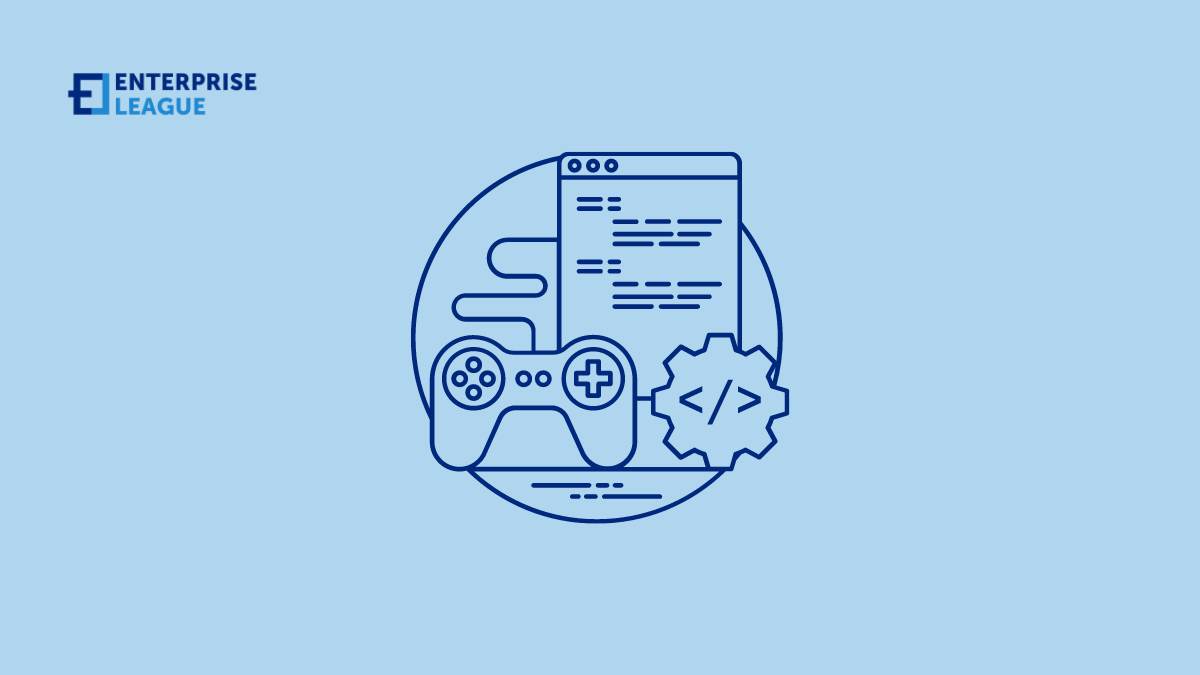Games like TUNIC and Hitman Sniper have achieved considerable financial success, marking a resurgence in the industry following the downturn experienced in 2019. Interestingly, both of these top-earning games share a common denominator: Unity. Let’s delve into why Unity emerges as the premier choice for game development in 2025 and beyond.
A brief overview of unity
Unity, developed by Unity Technologies in June 2005, has evolved significantly from its origins as an OS X exclusive. Now in its 6th iteration, Unity has become a cross-platform game development engine, supporting various operating systems and device types.
Over time, Unity has garnered widespread acclaim for its robust feature set, cost-effectiveness, advanced gaming capabilities, and capacity to breathe life into virtual worlds.
Unity’s hallmark lies in its user-friendly design, fostering swift development, dynamic animations, and realistic imagery. Professional Unity game development showcases these attributes, driving innovation and captivating audiences worldwide. To provide context, consider the following statistics:
- 50% of all Mobile Games on the Play Store are Unity-built.
- 60% of current AR/VR games utilize Unity.
- In Q2 of 2021, Unity recorded 24 billion installations worldwide.
- 61% of Developers globally opt for Unity for game creation.
- Unity has facilitated over 40M asset downloads in the past quarter.
Why opt for unity in game development?
As one of the predominant game engines, Unity is favored by both 3D and 2D developers worldwide, and for good reason.
- Free accessibility: Surprisingly, Unity offers identical features and functionalities across its free and pro versions. Installation procedures remain consistent, allowing developers to focus on game components while navigating the interface seamlessly.
- Cross-platform compatibility: With a staggering 94 of the world’s top 100 development studios utilizing Unity, its cross-platform compatibility enables deployment on Steam, macOS, iOS, Android, PC, consoles, and more. Games created with Unity effortlessly adapt to various device form factors and operating systems, enhancing their appeal and profitability.
- Vibrant community: Unity boasts a vast community of over 2.5 million users, fostering transparent and comprehensive communication between users and developers. This collaborative environment encourages the creation of games tailored to user preferences.
- User-friendly interface: Unity’s intuitive design facilitates easy navigation for developers, empowering them to focus on gameplay elements, materials, sprites, and core concepts with minimal effort.
- Reduced coding requirements: Unity enables the development of fully functional games without extensive coding, appealing to developers with varying levels of programming expertise. However, for those inclined toward coding, Unity offers an integrated IDE for streamlined scripting and comprehensive documentation.
- Asset store: Unity’s extensive asset store provides a plethora of resources, from characters and prefabs to plugins, facilitating game development without the need for exhaustive modeling efforts.
- Abundant tutorials: Extensive online tutorials empower developers to resolve issues swiftly, promoting a hands-on approach to game development.
- Stunning visuals: Unity delivers visually captivating experiences through customizable rendering, fluid animations, and numerous particle plugins, ensuring high-quality graphics across diverse resolutions.
- Intuitive troubleshooting: Unity’s intuitive controls and scripting language simplify debugging and troubleshooting during runtime, enhancing development efficiency.
- Multiplayer support: Unity’s built-in capabilities, including matchmaking and relay servers, make it an ideal choice for creating engaging multiplayer experiences, catering to the growing demand for multiplayer gaming.
- AR/VR compatibility: With a significant portion of AR/VR games built on Unity, it offers robust support for immersive experiences, exemplified by titles like Ironman VR.
- Versatility: Unity’s comprehensive toolset, including input systems, animation systems, and 2D lighting, makes it a versatile platform for 2D game development.
- Modular editor: Unity’s modular editor allows developers to customize their development environment, integrating preferred functionalities seamlessly.
- Efficient assembly: Unity’s native IDE eliminates the need for external tools, streamlining the game assembly process.
- Reusable assets: Unity maintains a repository of assets for developers to reuse, facilitating efficient game modification and content updates.
- Enhanced animation: With support for lifelike animations and motion capture, Unity elevates the gaming experience with fluid motion and realism.
- Multiple rendering Options: Unity’s 2D motor complements its 3D capabilities, ensuring compatibility across platforms and devices.
- Built-in analytics: Unity’s built-in analytics provide valuable insights for developers, enabling them to refine their games and deliver exceptional experiences to players.
Conclusion
Choosing Unity for your game development endeavors promises a prudent investment. From seamless debugging to optimized memory usage, Unity caters to the creation of small to medium-scale games with ease. With its compatibility with AR/VR, captivating visuals, and a wealth of effects, embarking on your Unity game development journey is a decision worth making today!
More must-read stories from Enterprise League:
- Inspiring quotes about supporting small businesses.
- What it takes to start a wholesale business from scratch?
- The only list of novels for entrepreneurs that you will ever need.
- Best marketing tools for startups that are worth trying.
- B2B payment solutions that can help you transform your business.
Related Articles
4 Top-Rated Fleet Management Services for Mobile Health Care Providers
As the number of mobile health care programs rises, their success depends on medical expertise and flawless logistics. Challenges like vehicle uptime, specialized maintenance, driver staffing, regulatory compliance and route optimization can overwhelm organizations....
Why Every Business Needs a Technical SEO Agency
Introduction Just having a website isn't enough for businesses today. Companies, especially SaaS businesses, need to make sure their platforms are visible and user-friendly. This is where SEO for SaaS comes in. But SEO isn't just about adding keywords; it requires a...
19 real estate business ideas that let you start small and grow loud (2026)
Perfect for side-hustlers, career-changers, and anyone who wants their money working harder than they are. These real estate business ideas are where to start.
4 Top-Rated Fleet Management Services for Mobile Health Care Providers
As the number of mobile health care programs rises, their success depends on medical expertise and flawless logistics. Challenges like vehicle uptime, specialized maintenance, driver staffing, regulatory compliance and route optimization can overwhelm organizations....
Why Every Business Needs a Technical SEO Agency
Introduction Just having a website isn't enough for businesses today. Companies, especially SaaS businesses, need to make sure their platforms are visible and user-friendly. This is where SEO for SaaS comes in. But SEO isn't just about adding keywords; it requires a...






